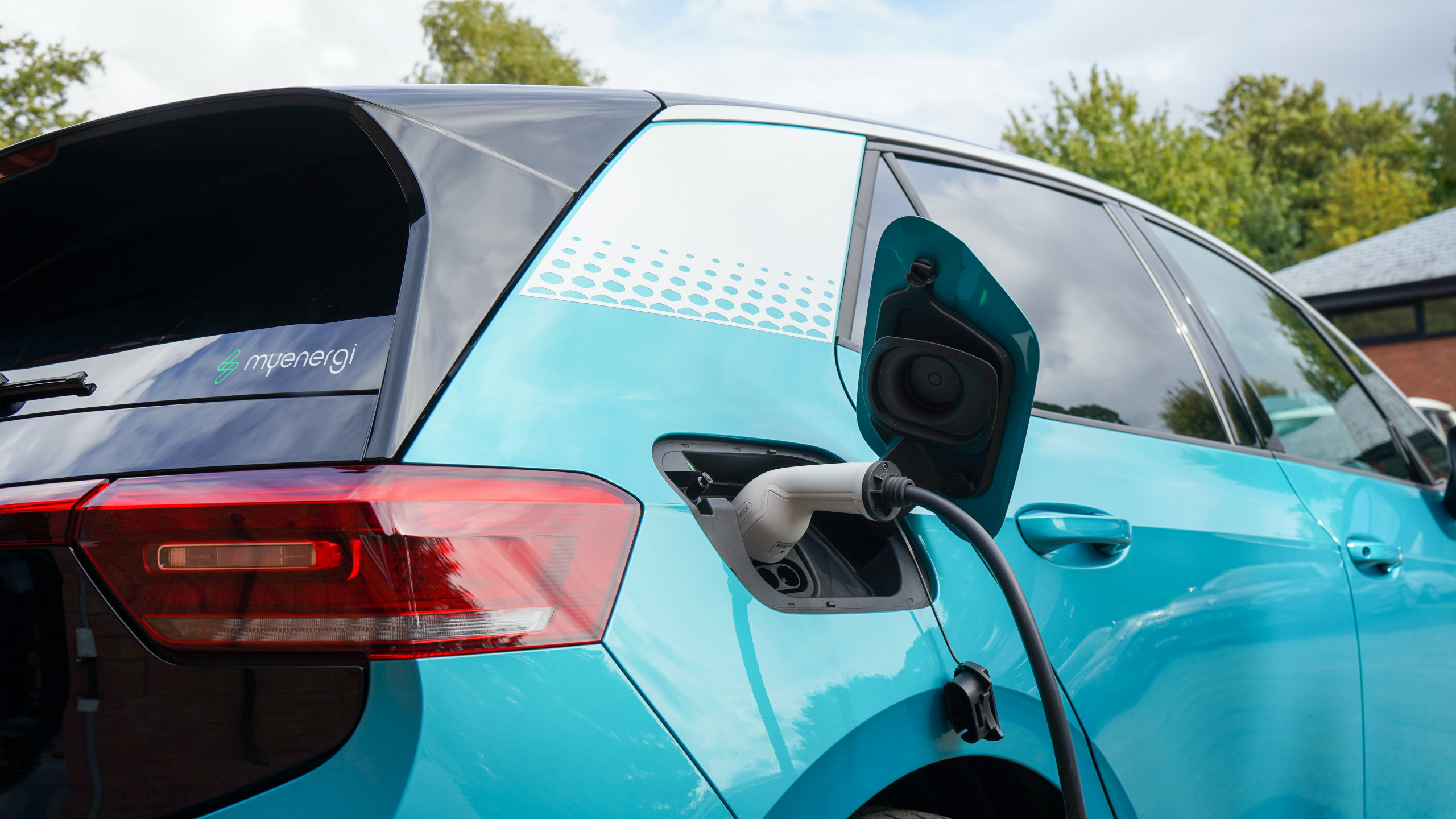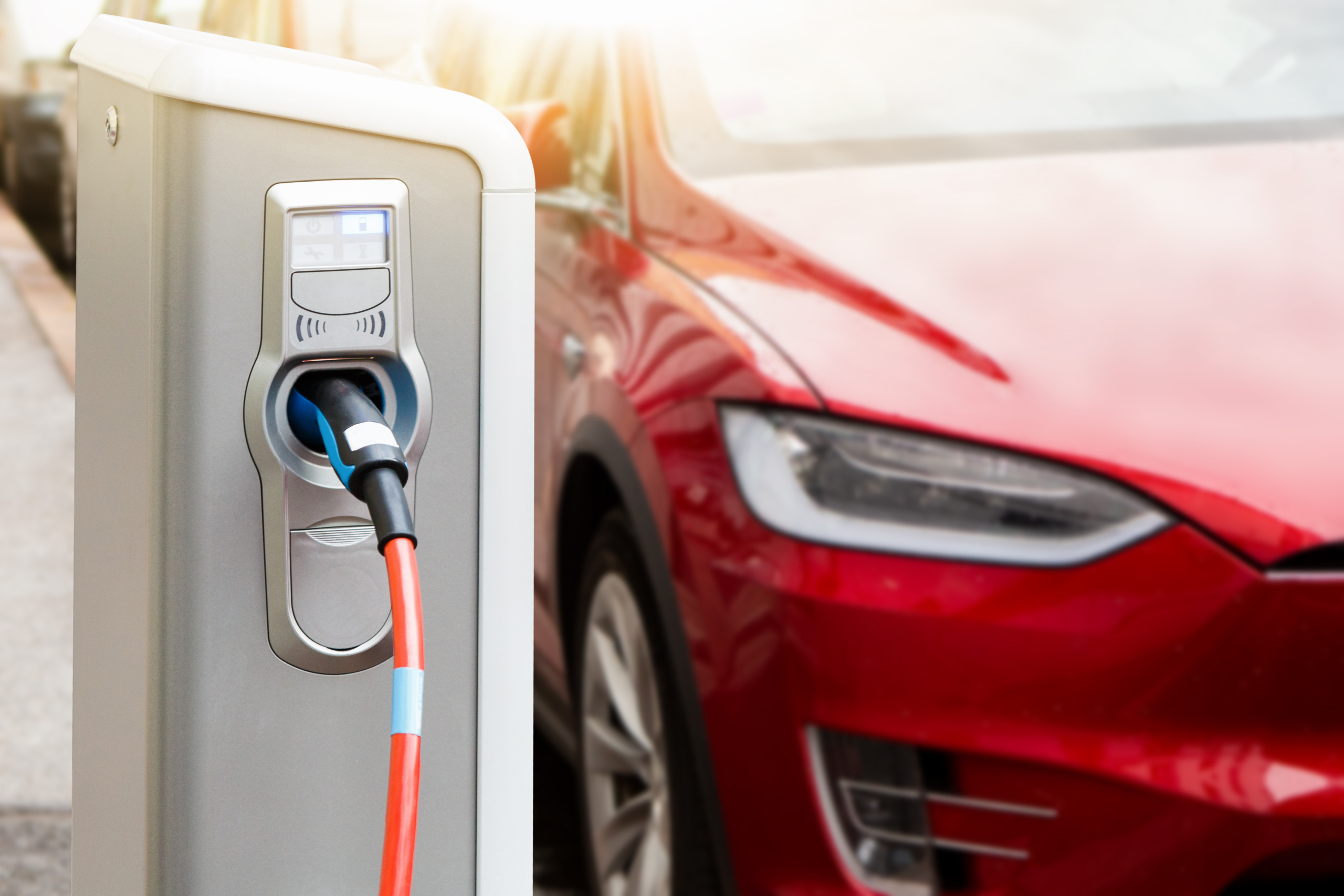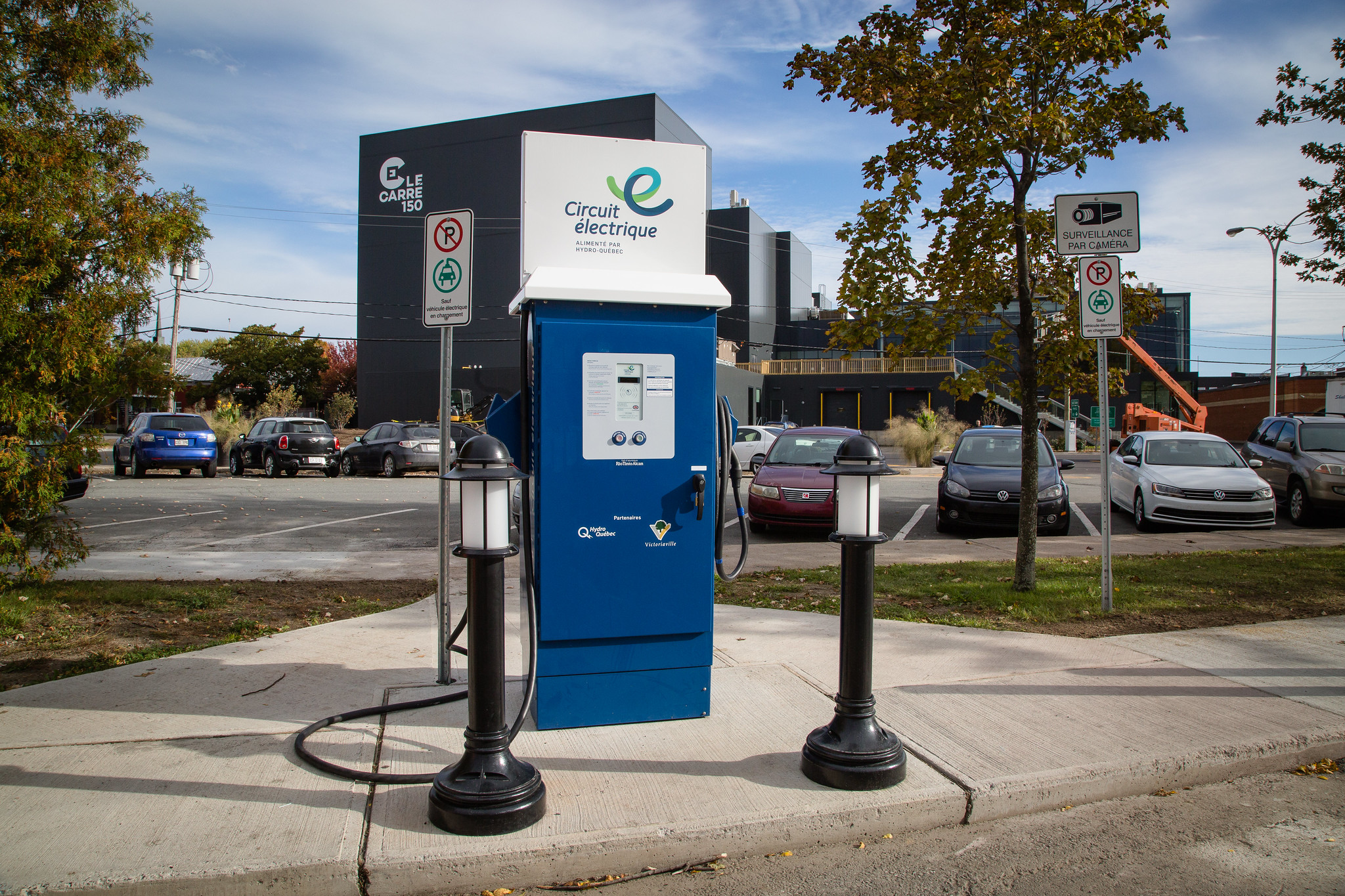
Electric vehicles and the necessity of quiet: It’s a public health thing.
Traffic noise isn’t just annoying – it’s damaging to our health. Electric vehicles can help.

The public health case for electric vehicles more or less makes itself. But while much of the conversation around EVs tends to focus on their emissions reduction credentials, these vehicles also bring another major health benefit that perhaps doesn’t get the attention it deserves: they’re quiet.
That might sound somewhat trivial in comparison to fighting climate change or cutting smog and soot pollution in our cities, but it’s actually kind of a big deal. Traffic noise is extremely harmful – second only to air pollution in its impact on public health, according to the World Health Organization.
Regular exposure to the drone of road traffic can lead to impaired mental health, chronic insomnia, depression and anxiety. It increases the risk of cardiometabolic diseases, including arterial hypertension, coronary artery disease and Type 2 diabetes, and has been linked to cardiovascular diseases and strokes, as well as early death from these and other causes. (One study found that city-dwellers exposed to the most noise pollution are 22% more likely to die from coronary heart disease than those exposed to the least.) Studies have highlighted a “significant association” between noise and atrial fibrillation (a kind of arrhythmia, or irregular heartbeat), which can increase the risk for heart failure, blood clots and stroke. There’s even evidence that noise exposure can increase our risk for obesity.
These findings are important, particularly for the 45 million Americans who live in close proximity to a road or other transport infrastructure. In fact, research suggests that anyone who lives and/or works in an urban area is frequently exposed to unhealthy levels of noise. The regular background hum of a typical American city, the majority of which comes from traffic, is an average of 60 decibels – enough to cause increased blood pressure, stress, concentration loss and sleep fragmentation, all of which put us at increased risk of a range of other health conditions.
Most of us know that there are personal choices we can make to guard against self-inflicted noise-related harm (don’t listen to loud music through headphones, kids – and make sure to wear earplugs at concerts), but high levels of everyday environmental noise are something forced upon us – in large part as a function of a transportation system built around the internal combustion engine.
As fossil fuel-powered vehicles gradually become things of the past, noise levels in our cities, especially in city centers and residential neighborhoods, will drop. Much of the sound from cars traveling at high speeds comes from wind and tire noise, so the benefits of a switch to EVs may not be as great in areas near busy freeways (at least, not until diesel- and gas-powered trucks have been replaced with electric ones – more of the sound from trucks traveling at speed comes from the engine). But at the kinds of speeds traveled by cars and buses in residential areas, most of the noise from an internal combustion engine vehicle comes from the engine itself. At these speeds, electric vehicles are virtually inaudible.1
Of course, there are other forms of low-carbon transportation that are also virtually silent – walking and cycling, for example. But while the long-term priority of 21st century transportation policy must be to reduce our reliance on motorized transportation altogether, switching to EVs is a significant and necessary step toward mitigating the damage done by fossil-fuel-powered vehicles and enabling all of us to live healthier – and quieter – lives.
Picture: Charlotte Stowe via Unsplash.
- The absence of engine noise in EVs engenders certain obvious safety issues, and EV manufacturers have explored various ways of addressing them.↩︎
Topics
Authors
James Horrox
Policy Analyst, Frontier Group
James Horrox is a policy analyst at Frontier Group, based in Los Angeles. He holds a BA and PhD in politics and has taught at Manchester University, the University of Salford and the Open University in his native UK. He has worked as a freelance academic editor for more than a decade, and before joining Frontier Group in 2019 he spent two years as a prospect researcher in the Public Interest Network's LA office. His writing has been published in various media outlets, books, journals and reference works.
Find Out More

Automakers could have learned to build EVs. They paid Tesla to do it instead.

The auto industry has a sustainability problem. And it’s not just about the environment.

Totally wired: How Quebec became a leader in electric vehicle charging

